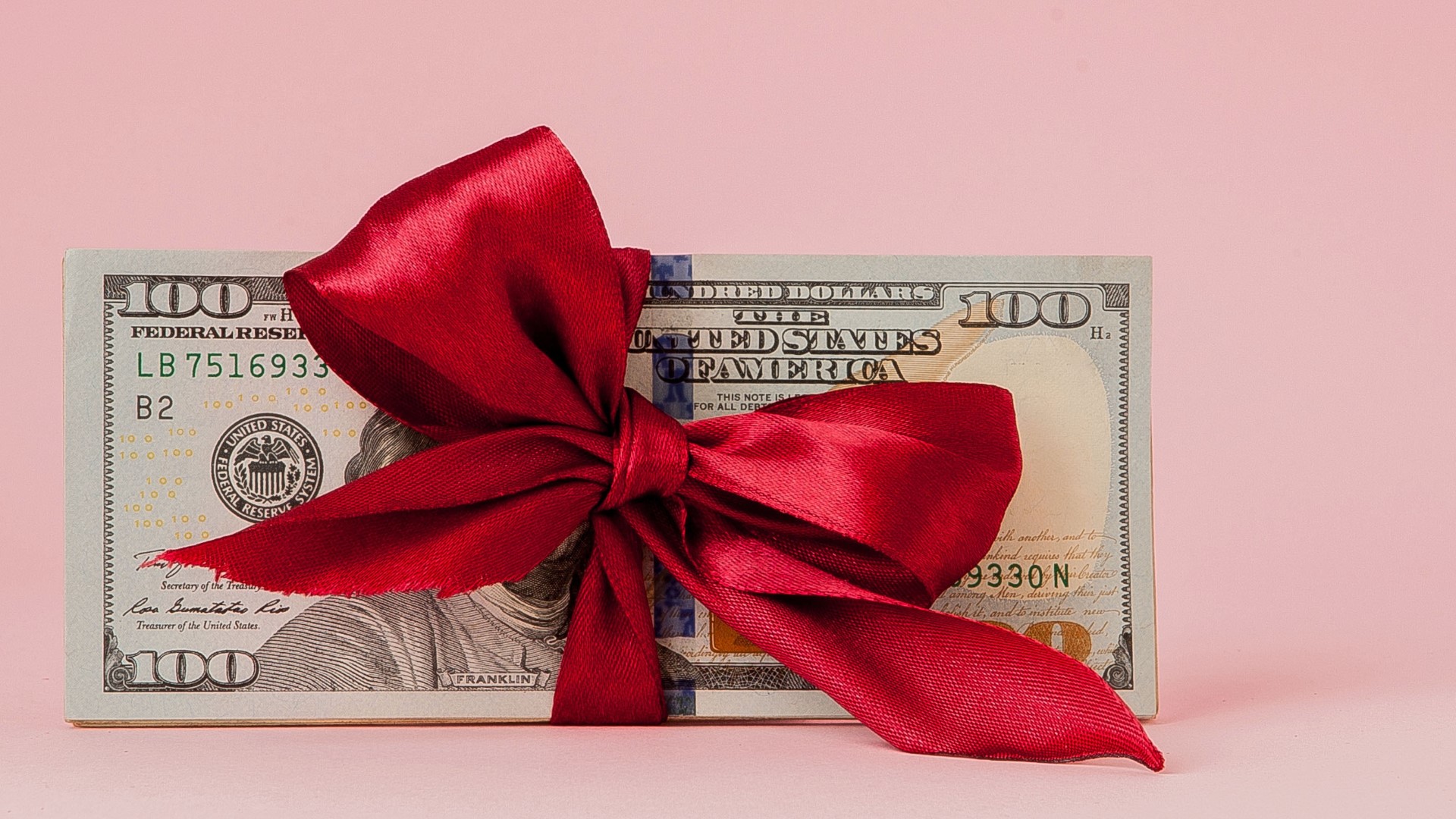INDIANAPOLIS — The end of the year is often a time for bonuses at work. But before you spend anything, estimate how much money will actually hit your checking account.
Bonuses are treated as a form of income. Taxes are taken out, along with retirement contributions and any automatic payments. What starts as a $1,000 payment may only end up being $500.
Once you have ballparked how much money will hit your account, Nerdwallet personal finance expert Kimberly Palmer suggests first paying off pricey debt.
"That's usually credit card debt for most people, which comes with a pretty high interest rate. The average rate is around 17-18%," Palmer said.
If you do not have credit card debt, move on to your emergency fund. Ideally, you want to have three to six months' worth of expenses set aside. If that is difficult, Palmer said to start small.
"Even starting with just a few hundred [dollars], something that can cover you in case you do have unexpected expenses that come up, or even something like losing your job. That can be really critical to getting you through that time," Palmer said.
Then, evaluate your personal finance goals.
Are you trying to be debt-free, or are you saving for a big purchase down the road?
If your essentials are handled, Palmer said it's OK to splurge.
"A lot of people have been spending less throughout the pandemic. And so maybe it's time to buy something new for your home to make your home more enjoyable, maybe even plan a trip," Palmer said.

